 See the first part of Danni’s Story posted September 1
See the first part of Danni’s Story posted September 1
by, Danni Star
After overcoming my PPD, I gave birth to another daughter and thought I knew what to look out for and was thankful not to experience the same intensity of symptoms again. What I didn’t realize is that PPD comes in so many different forms.
I went to lunch with a good friend after my second child was born. I don’t know why but I unloaded how I had been seeing my anxiety rise again, how bad it had gotten, my intrusive thoughts and how I literally kept thinking of worst case scenarios.
She urged me to go see a maternal mental health doctor. I took my time but the following week my anxiety was at an all-time high and I could feel myself falling apart so I called the doctor and she said she would squeeze me in that week.
A few days later I was in her office sweating profusely, heart racing so bad I felt like it was going to explode out of my chest and I couldn’t sit still. She asked a million questions and I answered them extremely honest. I told her that I felt anxious all the time, like a walking ball of nervous energy. That even at work when I am in my zone I still feel so out of place.
I told her that my biggest fears are losing my children, Slim, my husband, and Claire, my best friend. I have literally dreamed all of their funerals repetitively- I don’t know maybe as a coping mechanism.
As I am saying these things, I still think she is going to tell me I just have anxiety and that we will get through it. I keep referring to “when I had Postpartum Depression.” I keep referencing how it felt then.
And then the bomb drops. She tells me that I am suffering from PPD. I instantly start bawling. No I am NOT, I had that before and this is different, I don’t want that. I can’t have that; it almost killed me and ruined my life and my marriage. I go to work, I laugh, I function…how is that possible?
She explains to me that all I know of PPD is the most severe, that I am experiencing moderate PPD. I feel hurt, angry, and mad at myself for not realizing, after all I have been here before. I think back to all of the things that I just described to her and I realize she’s right, if any of my friends would have told me what I told her I would have known instantly, so why didn’t I realize it about myself?
Instead, just like before, I will beat this. I will attend support groups, I will try my hardest not to only function normally at work. I will follow the doctor’s treatment plans and I will talk it out. I am scared, this is my biggest fear realized but I am going to be ok.
I WILL TO BE OK! My nemesis has returned but my fighting spirit will be its kryptonite.
Postpartum depression is my truth. An ugly truth that I just so happened to conquer and you can too. You are worthy so be open, learn what is going on and don’t be afraid to ask for help!
 Danni Starr
Danni Starr
Danni Starr works daily as co-host of the nationally syndicated “The Kane Show.” Danni fell in love with radio at 19 and 11 years later, she still considers it her first true love. As a Mother and wife Danni is the “Den Mom” to the show & offers open, honest, opinions and advice.
GET SUPPORT
Postpartum Support International: 1-800-994-4773 or postpartum.net
National Postpartum Depression Hotline: 1-800-PPD-MOMS
REFERENCES AND LEARN MORE AT
AWHONN’s Mood and Anxiety Disorders in Pregnant and Postpartum Women Position Statement
http://www.health4mom.org/postpartum-depression/
 As a nurse with more than 20 years of obstetrical experience, I’ve had countless opportunities to advocate for patients one-on-one in a clinical setting. Ensuring that women and infants receive the best care possible is my passion. Continue reading
As a nurse with more than 20 years of obstetrical experience, I’ve had countless opportunities to advocate for patients one-on-one in a clinical setting. Ensuring that women and infants receive the best care possible is my passion. Continue reading 

 There is a moment after labor when you realize that not only is your sweet little baby a patient, but that you are too. At least for me, that was something that hadn’t really registered. On the day that my little baby girl Isla was born I very quickly began to understand we would both need a ton of care in the hospital and at home.
There is a moment after labor when you realize that not only is your sweet little baby a patient, but that you are too. At least for me, that was something that hadn’t really registered. On the day that my little baby girl Isla was born I very quickly began to understand we would both need a ton of care in the hospital and at home.
 November is National Adoption Month.
November is National Adoption Month.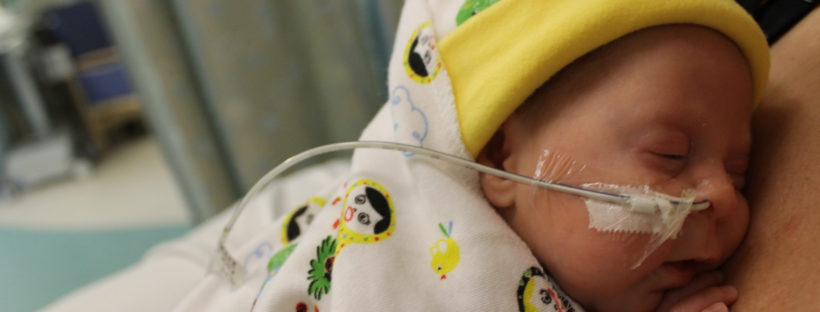


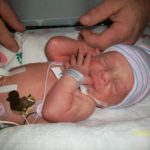
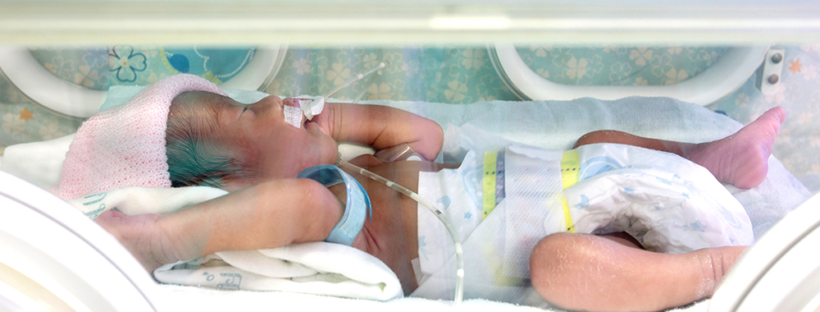
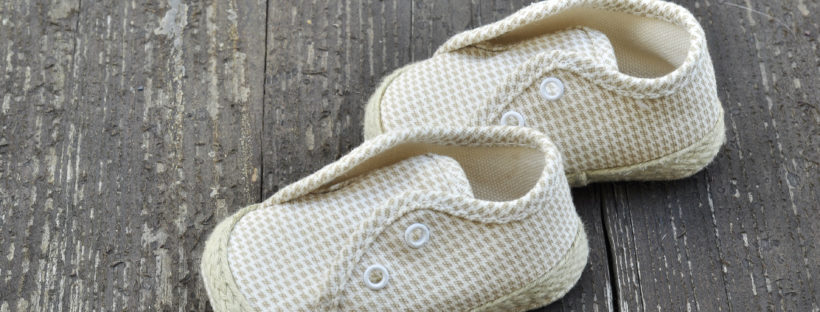
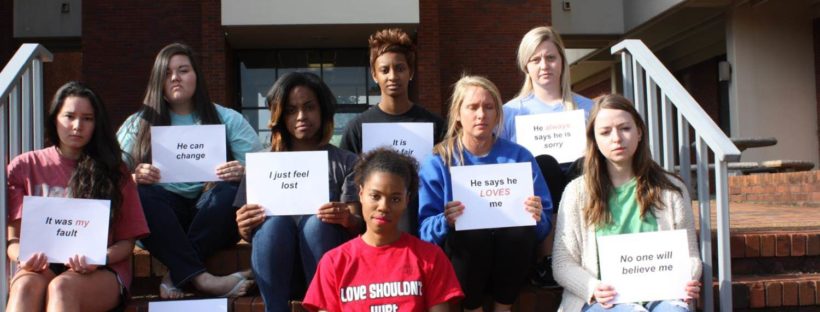

 Danni Starr
Danni Starr